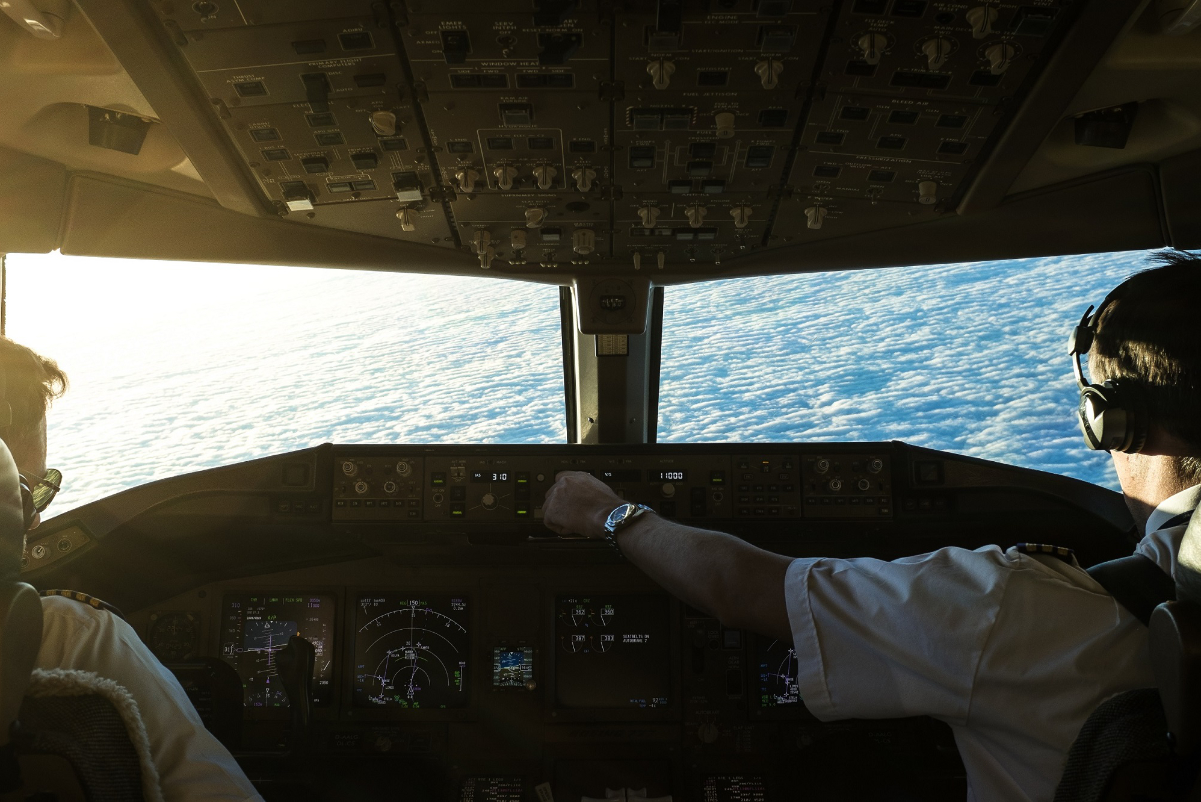More Airlines Use Next-Gen Tech to Sell Journeys on Other Carriers or Trains

Skift Take
Airlines have long sold tickets on each other's flights using interline agreements and strategic marketing deals called codeshares. But dozens have recently been adopting alternative and more flexible arrangements with the help of software from startups such as DoHop.
Several low-cost airlines that lack large route networks are using software for what you might call "alternative interlining" – maybe a flight on one airline matched with a train trip to the final destination.
The process offers a workaround to some of the complexities of traditional interline agreements and helps smaller airlines serve more complex and far-flung itineraries.
Exhibit A: EasyJet has since 2017 been ramping up a project that sells flights on selected airlines that include connections with its own flights. It now has 21 partners, including airlines like Air France, Avianca, Emirates, Air Transat, and Singapore Airlines, and rail operators like German giant Deutsche Bahn and French giant SNCF.
The deals extend the carriers' reach. EasyJet, which doesn't fly to the U.S., can now offer its customers package flights to the U.S. thanks to its partnership with Norse Atlantic Airways.
EasyJet uses tech from Dohop, a travel startup based in Iceland. Dohop's competitors include Airsiders, Air Black Box, and ETraveli (via its TripStack subsidiary that's been signing up carriers). Travel tech giant Amadeus also has ambitions. In the online travel agency space, Kiwi.com is one company with a similar product.
But because Dohop appears to have the most clients actively using the concept, we chose to focus on it as an example for simplicity's sake. Skift recently sat down with CEO David Gunnarson at his Reykjavík office for an update.
Dohop's Growth
Airline interest in alternative interlining — which drives about 95% of Dohop's business — has sped up since the pandemic, Gunnarson said. Dohop has gone from EasyJet as its only client in 2017 to roughly 20 travel companies selling other companies' travel today, with about 50 airlines supplying content.
Dohop, a privately held company, has used revenue growth to justify going from roughly 30 to 80 employees.
The gains have apparently boosted investor interest. Dohop recently did a previously undisclosed round of about $8.3 million (€7.5 million) that included Scottish Equity Partners as an investor.
One of the biggest hurdles to adoption has been consumer concerns about transfers. A problem for passengers using carriers that don't have formal interline agreements is that, if they want to check baggage, they have to check their bags on each leg.
Dohop would like airports to make it clearer to passengers how to move bags from one aircraft to another, but that's a tough hill to climb.
"We're working with some industry tech partners and some of our airline clients to deliver like a proof of concept around that hopefully later this year or early next," Gunnarson said.
Yet when it comes to two airlines selling flights on each other through alternative interlining, the customer experience generally remains a long way from being equal to full interline. The lack of integration with loyalty programs, for instance, is another deterrent to consumer adoption.
Despite obstacles, several airlines are trying to push alternative interlining as a workaround to traditional interline for a few reasons. Full interlining typically requires filing fares via a clearinghouse and other complexities that add costs and delay implementation.
Airlines can sign alternative interline deals thanks to their belated but rapid adoption of APIs, or application programming interfaces, a method of sharing data that requires less implementation or maintenance than past processes.
Dohop's tech, like its rivals', offers airlines robust data to airline back-office systems to handle pain points, such as for the settlement of payments. Typically airlines refer customers searching for relevant itineraries to a booking engine run by Dohop, though it can do a full integration with an airline's own booking engine on request.
The Promise of Air Plus Rail Ticket Sales
Air-plus-rail packages are an easier sell because travelers are used to managing their own bags on such itineraries. Dohop now offers itineraries between EasyJet and Deutsche Bahn and between Vueling and Deutsche Bahn, as examples.
"Air and rail partnerships have happened for many years, but have been hobbled by complexity," Gunnarson said. "This is a more lightweight approach, and we could see a lot of use cases worldwide."





